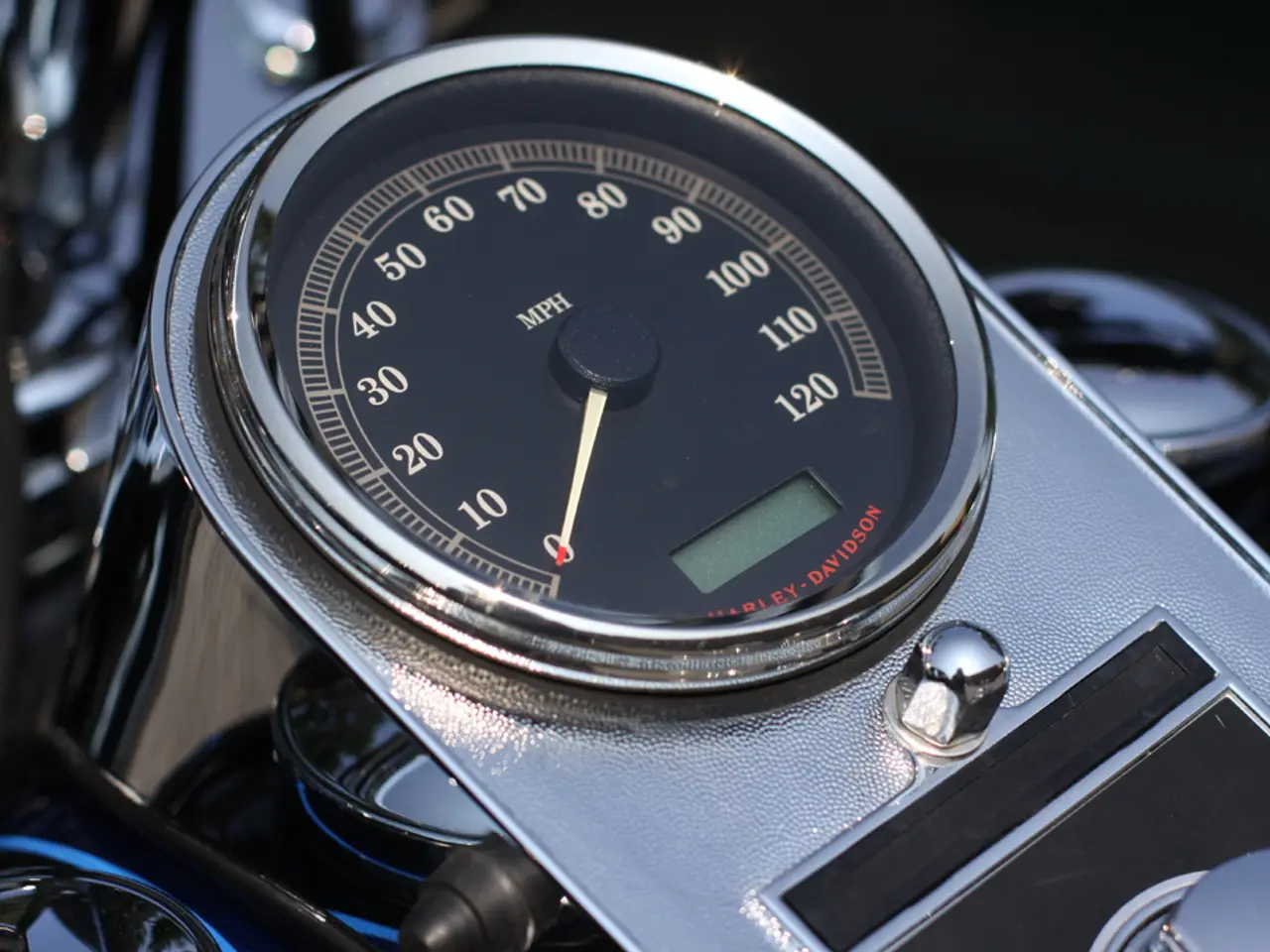High-speed motorway testing reaches 150 kilometers per hour in this European nation
The Czech Republic is set to embark on an exciting trial on its D3 motorway, with a 50-kilometre stretch between České Budějovice and Tábor set to operate at a speed limit of 150 km/h from late September or early October 2025.
This trial will see the implementation of variable digital traffic signs (42 gantries) that will allow drivers to go up to 150 km/h during clear weather but automatically reduce the speed back to 130 km/h when conditions worsen, such as rain or adverse weather.
The aim of this trial is to gather real-world data on driver behaviour and traffic safety before potentially expanding the higher speed limit to other motorways in the country. Officials will closely monitor accident statistics to determine if the increase compromises safety, with a readiness to revert to 130 km/h if incidents rise significantly.
The trial is expected to result in time savings for drivers, with estimates suggesting that they could save about three minutes travelling the 50 km stretch by driving at 150 km/h compared to the current 130 km/h limit. This could cumulatively help reduce journey times on this important motorway corridor.
However, safety remains a top priority. The trial employs real-time variable speed limits to adapt to road conditions, an advanced traffic management strategy aimed at balancing speed and safety. Officials will assess whether accident rates increase during the trial to decide if a permanent speed limit increase is viable.
The entire setup costs approximately 55 million Czech Koruna (£1.9 million) and involves installing variable message signs with real-time control capability. If successful, this trial could set a precedent for speed management on Czech motorways and potentially influence motorway speed regulations across Europe.
In conclusion, the D3 motorway 150 km/h trial uses advanced digital signage for dynamic speed limits conditioned on weather, with expected modest time savings (around three minutes per 50 km) and careful safety monitoring to guide future policy. The success of the D3 trial will determine if the speed limit of 150 km/h will be implemented on other Czech motorways. If the D3 trial results in an increase in collisions, the argument for raising the speed limit may be weakened.
Read also:
- Condor Reveals Q2 Results for 2025 and Secures a $5 Million Bridge Loan
- More than half of British homes adhere to insulation standards established during the 1970s.
- While Éowyn's storm caused a massive €301 million in damages, fossil fuels maintain their position as the leading power source.
- Transition in Energy: Merz Administration Plans Enactment of Heating Revolution from 2026







